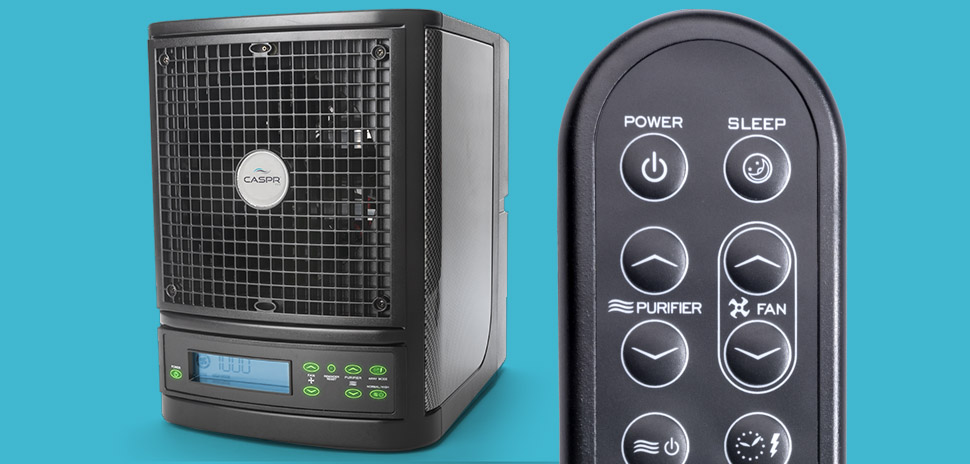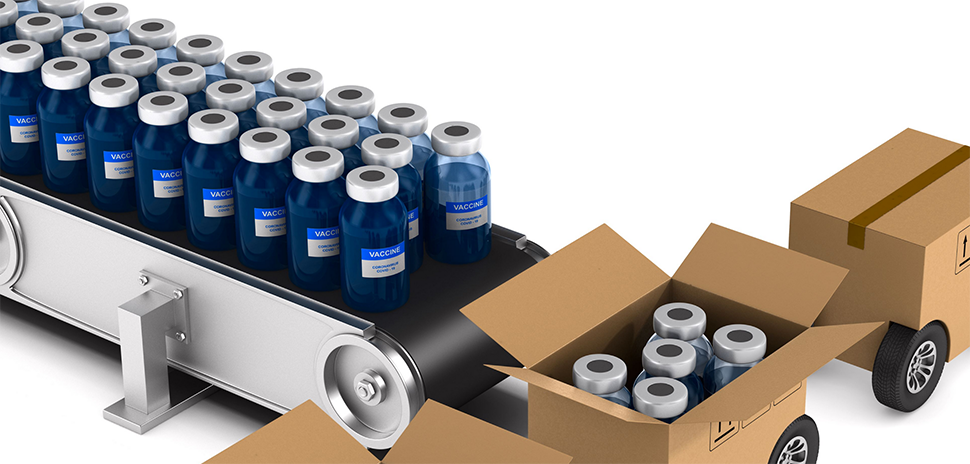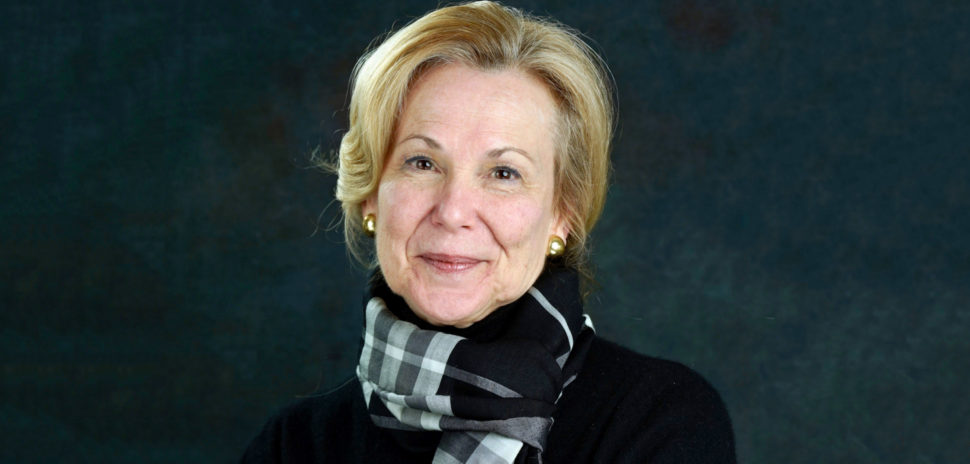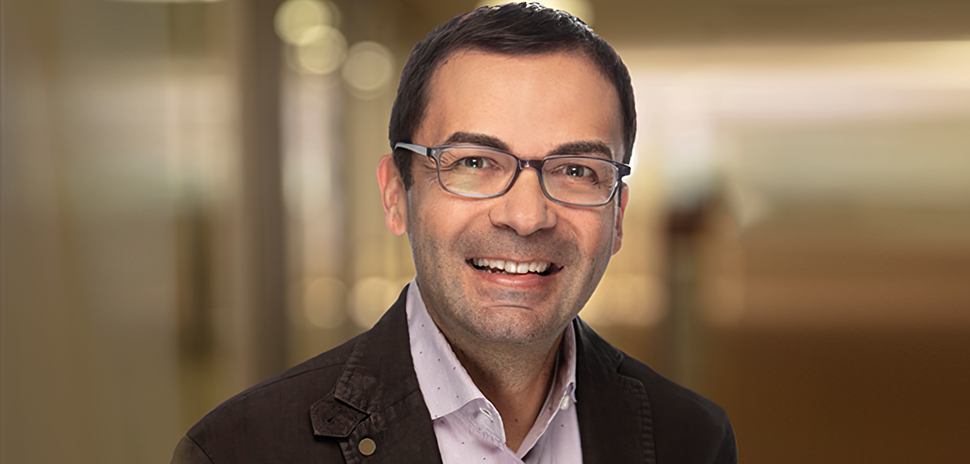Headquartered in Addison, CASPR Group specializes in air and surface disinfection. And its CASPR 1000 In-Duct disinfection technology can kill 98 percent of SARS-CoV-2 viruses on surfaces within six hours and 99.99 percent within 24 hours, according to a recent study conducted by the University of Wisconsin-Madison.
Although most disinfection processes require episodic ultraviolet (UV) light or other harmful chemicals, CASPR’s tech uses a proprietary Natural Catalytic Converter (NCC) to organically extract oxygen and moisture from ambient air. It then produces and continuously delivers trace levels of hydrogen peroxide to disinfect indoor spaces.
Because of the way the technology reduces the air’s surface viruses and bacteria, CASPR says the tech is safe to use in spaces occupied with people and pets and does not require modification to existing custodial processes.
“Our natural disinfection technology is designed to reduce the microburden levels in any given space, while that space can still be used safely at its intended operating capacity with human occupancy,” Dr. Christophe Suchy, president and chief technical officer of CASPR Group, said. “We’re excited that the University of Wisconsin study objectively shows that our technology can efficiently and effectively neutralize the virus that causes COVID-19.”
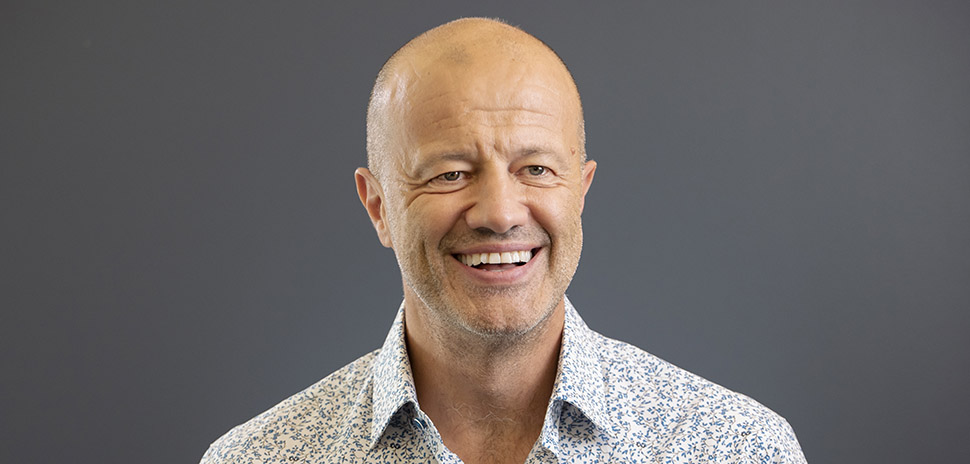
Dr. Christophe Suchy
How it works
To put it simply, CASPR 1000 In-Duct is an air disinfectant. The system takes in the air, oxygen, and humidity that’s already in a room and once that air comes back out of the diffuser, the air passes through its system, creating a very low level of hydrogen peroxide (a gaseous form that can’t be seen or smelt). The air continuously cycles throughout the room, killing bacteria and fungi while simultaneously deactivating viruses on surfaces and in the air.
CASPR technology produces no ozone, smells, noises, or residue. It has a “kill rate” of up to 99.96 percent for all of its products and is effective against bacteria, viruses, molds, VOCs, odors, and more, according to a statement.
Each solution is said to be easily installed, work without an operator or any added chemicals, and is practically maintenance-free. Regardless of the room’s climate, temperature, and size—there is a model that fits it, the company says.
“Typically, as long as there’s some humidity that’s already existing in the air, then we can, I would say nine times out of 10, find a solution for the customer that fits best fits their needs,” Gail Warrior, president of CASPR Group, told Dallas Innovates.
About CASPR
While CASPR Group’s technology is needed now more than ever, the technology invented by Dr. Suchy has been used extensively throughout Europe, South America, and Asia. Most use cases relate to environmental disinfection in healthcare settings, food processing plants, and other applications for the last 18 years.
In 2002, Suchy began a career in management at EcoQuest International, while simultaneously creating activTek. Four years later, he became VP of the Research and Technology Department within EcoQuest, a role in which he oversaw market development and training for advanced oxidation applications.
Yearning to make a difference in the world, Suchy’s wife, Gail Warrior, stepped away from her position in commercial contracting. Utilizing her husband’s technology, she started CASPR Group five years ago.

Gail Warrior
Warrior previously served as the company’s CEO, but recently passed the torch to former Daeseke executive Scott Wheeler to handle the day-to-day operations. She remains president of the company and her husband serves as chief technology officer, recently receiving the Innovation of Excellence award from NASA for his work on the CASPR technology.
Dr. Suchy also runs CASPR’s sister company, ReSPR Technologies, as its CEO and president.
“When I started CASPR, one of my main goals was to do something that I felt could impact the community and leave a legacy, in a major way,” Warrior says. “I was in construction for almost 20 years. And while I extremely enjoyed that, it wasn’t something that you’d go to sleep at night, and you felt like you really helped someone. At CASPR, we know that we’re making a difference by making sure that the air people breathe indoors is safe. And that brings me so much immense joy and peace every day, knowing that we’re making a difference.”
Initially, CASPR focused on the healthcare industry, working to make hospitals and other healthcare facilities a better, cleaner place. But when the unthinkable happened last March, the company’s commitment to “make the world indoors a better place,” extended to every industry imaginable.
“Every industry was looking for ways to make sure that their indoor air was safer and not only their air, but their surfaces were safer and cleaner,” Warrior says. “And so, we have installed CASPR in airports, schools, fitness centers, train stations, churches, stores, super markets, restaurants, elevators, and so many others.”
In fact, a recent study conducted for CASPR Group by New Orleans-based research group MDRG found that two thirds of respondents are more likely to visit a restaurant with an air and surface disinfecting solution over others.
Similarly, nearly 70 percent of public transportation users are willing to pay more for ticketing if air disinfection equipment is installed. Over half of respondents also felt that air disinfection solutions would still be important following the COVID-19 pandemic.
Various places in North Texas have installed CASPR, including countless medical facilities, entertainment outlets, restaurants (like Lombardi’s), athletic facilities (like the entire athletic department at Texas A&M Commerce), and more.
CASPR Group is exclusively a B2B company. While this could possibly change in the future, the company currently is focused on making sure that it has the adequate software and support for its clients.
As the times continue to change, CASPR Group plans to continue to think critically, get creative, and keep spaces clean.
“I want people to know that we are here to help,” Warrior says. “We’re here to provide a multitude of solutions to be able to solve whatever challenge that may be existing within their indoor space. I think CASPR is one of those things that is a very well kept secret. And we don’t want it to be to be a secret. We want everyone to know that we’re here to help them.”
A breath of fresh air
Due to CASPR’s technology, some places are choosing to open or reopen. Here is some of CASPR’s most recent work:
Hope’s Door New Beginning Center, a Dallas-area domestic violence shelter, recently reopened its resale store thanks to three CASPR mobile air and surface disinfection units that were donated by 2C MedTech, a distributor of CASPR products in Texas.
This will allow the center to serve all of North Texas with various programs, including a hotline that receives more than 5,000 calls yearly and emergency shelters with a 55-bed capacity, which is home to more than 500 adults and children in residence each year.
Aspire at CityPlace, a new apartment and townhome community developed by Commercial Investment Properties in Minnesota, will begin welcoming residents in June after installing CASPR’s disinfection technology in its elevators and common areas.
With the American Dental Association, CASPR analyzed how air purification systems can provide a solution to reducing air and surface microbial burden in dental environments. Because evidence concluded that bioaerosols present risks for disease transmission from patients to staff, CASPR’s air purification system will help mitigate those risks and keep everyone safe.
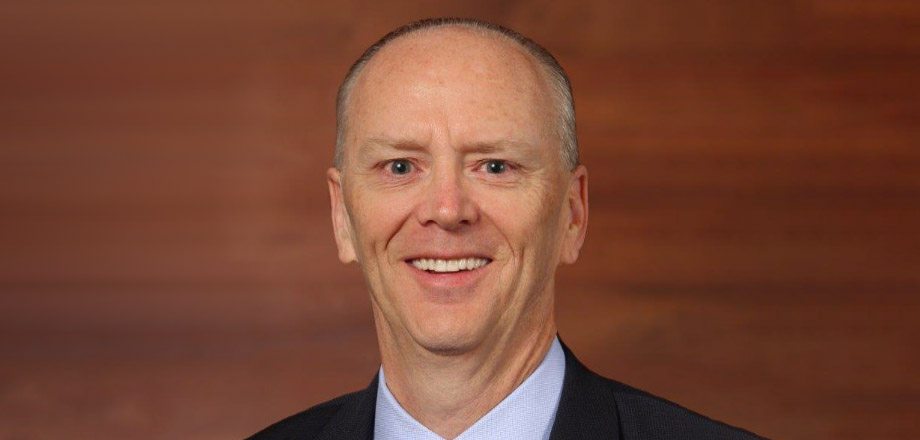
CEO Scott Wheeler
![]()
Get on the list.
Dallas Innovates, every day.
Sign up to keep your eye on what’s new and next in Dallas-Fort Worth, every day.

